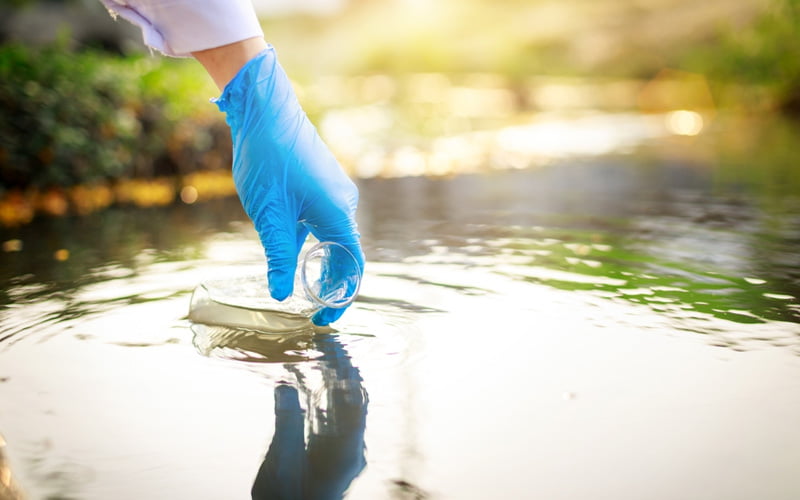A significant amount of the freshwater supply at the U.S. Marine Corps base at Camp Lejeune, North Carolina, was contaminated with potentially deadly chemicals for several decades. The chemicals caused several cancers in many of those who were exposed to them for at least a month.
The contaminated water also caused many pregnant women to suffer miscarriages and young children to become sick with cancer and other ailments. Many military members who were stationed with their families and civilian workers equally suffered exposure to the contaminated water at Camp Lejeune.
PACT Act Reopens Window for Legal Claims
Unfortunately, North Carolina law has a 10-year statute of limitations on filing legal claims related to contamination like what occurred at Camp Lejeune. For the vast majority of those affected by the tainted water, the 10 years expired well before they were aware that they were exposed to contamination and suffered ill health.
Federal lawmakers recently enacted the PACT Act to correct the matter. The act reopens the window for two years to allow people to file claims for damages caused by exposure to the bad water at the military base.
Many Qualifying Conditions for Relief
Virtually anyone who spent a total of 30 days at Camp Lejeune from 1953 through 1987 and who suffered from any of the presumptive conditions listed at Dolman Law (https://lawsuitlegalnews.com/camp-lejeune-water-contamination-lawsuit/) automatically qualifies for relief.
The PACT Act gives them up to two years to file claims for relief that the U.S. Navy will review. Anyone whose valid claim is denied could file a federal lawsuit in the U.S. District Court for Eastern North Carolina.
Several Contamination Sources
Water contamination has several sources and has occurred over a number of years. On-base sources include fuel storage tanks that leaked and enabled fuel to leach into the water supply. Degreasing agents used to clean metals also contaminated the soil and leached into the water supply.
A former dry cleaning business that was located near the base also caused contamination by not properly disposing of its wastewater. Many Camp Lejeune civilian workers and military personnel used the dry cleaner’s services.
Benzene and trichloroethylene are just two of the many chemicals that worked their way into some of the water supply at Camp Lejeune, North Carolina. Virtually anyone who spent at least 30 days in total at the Marine Corps base might be eligible to file claims for damages caused by ingesting, cooking, and bathing with the camp’s contaminated freshwater supply.
Decades of Exposure
The period during which a significant amount of Camp Lejeune’s water supply was contaminated with toxic chemicals runs from about 1953 through 1987. More than a million military personnel, their families, and civilian workers likely were exposed to the toxic water.
Many of those who were exposed to the toxic water suffered ill health and died from cancers and other illnesses. A nearby cemetery has an entire section called “Baby Heaven” and contains the remains of infants who died due to the toxic waters.
The problem since has been corrected, and the water has been clean at least since 1988. Yet, much military personnel, their families, and civilian workers were affected by the water and still might require medical care to this day.
The U.S. Department of Defense officially owns Camp Lejeune, and the U.S. Navy is its major operator. The Marine Corps is the military branch that most uses the base to practice amphibious and special operations. The Coast Guard also uses the base to support its patrols of the area’s Atlantic coast.





